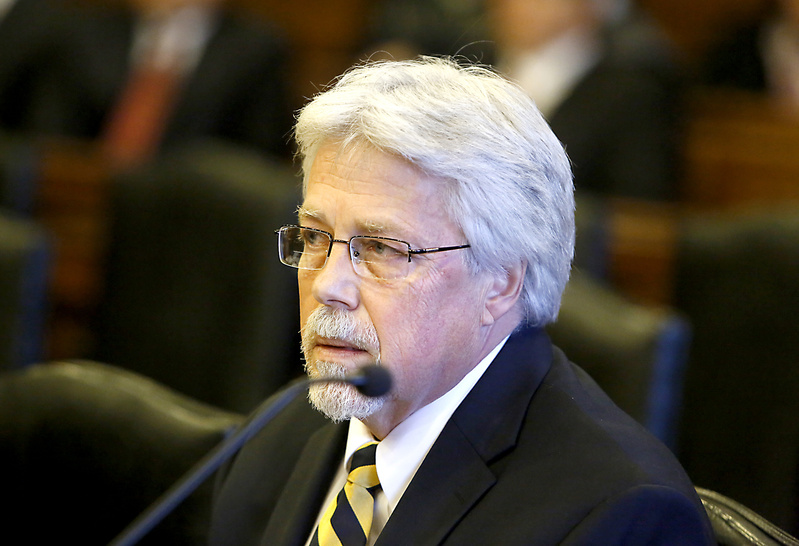Mark Strong’s conviction Wednesday for promoting prostitution was bad news for Alexis Wright, his alleged partner in the Kennebunk prostitution case, who is scheduled to stand trial in May.
“At this point, I’d be surprised if she goes to trial,” said Darrick Banda, a defense attorney in Augusta who has followed the case. “This certainly doesn’t make things easier.”
Wright, 30, was indicted in October on 106 counts, most of which involve promoting prostitution and engaging in prostitution. She also has been charged with theft by deception, evasion of income tax and failure to pay tax, all felony charges.
The two sides have until March 26 to file pretrial motions.
“Having seen how things played out, I would expect there to be a discussion about a plea,” said Jim Burke, a professor at the University of Maine School of Law. “But if the state doesn’t offer a good enough deal, (Wright) may have to go to trial.”
Wright’s attorney, Sarah Churchill, said she doesn’t think Strong’s conviction changes anything for her client.
“The trials are completely separate and, in most cases, (Wright) faces entirely different charges,” Churchill said Wednesday after learning of the verdict in Strong’s case.
Asked whether Strong’s conviction could lead to a plea agreement between the state and Wright, Churchill said plea deals are “always a possibility” leading up to a trial. “But I don’t know that what happened today affects that.”
Churchill said she will file a motion asking the state to dismiss the invasion-of-privacy charges against Wright. Last month, the Maine Supreme Judicial Court upheld Justice Nancy Mills’ dismissal of 46 invasion-of-privacy charges against Strong.
Mills, and then the supreme court, concluded that people who are engaging in criminal activity, including prostitution clients, cannot have an expectation of privacy.
The state could dismiss the invasion-of-privacy charges against Wright — independent of Churchill’s motion — by applying the supreme court decision.
Churchill said her bigger concern, in light of what happened in Strong’s trial, is seating an impartial jury for the highly publicized case.
She said she might file a motion to move the trial out of York County.
“The problem is, I don’t know where you would go,” she said, because the case has drawn national and even international attention.
Burke agreed.
“Choosing a jury in York County is going to be that much more difficult because of the saturation of coverage,” he said.
Much of the evidence presented by the prosecution during Strong’s trial appeared to be more damning for Wright, particularly a video showing Wright engaging in sex with an unidentified man who then put money on a table.
Churchill said she fully expected her client to be featured prominently during Strong’s trial. For prosecutors to prove that someone had promoted prostitution, they had to demonstrate prostitution, Churchill said.
None of the 18 men who have been convicted of engaging a prostitute in the case testified in Strong’s trial, although Deputy District Attorney Justina McGettigan indicated that she was prepared to call them to the stand.
Banda, the lawyer in Augusta, said it’s likely that several of the “johns” were offered plea deals to testify against Wright.
Churchill said it’s unlikely that Strong would be called as a witness in Wright’s trial because he still has Fifth Amendment rights against self-incrimination, at least through the appeals process.
The prostitution-related misdemeanor charges against Wright carry maximum penalties of one year in prison and $2,000 fines. The felony charges — two counts of theft by deception and one count of evasion of income tax — carry sentences of as much as 10 years in prison and $20,000 in fines.
Assistant Attorney General William Stokes has said that prosecutors from his office who specialize in tax prosecutions and benefits fraud will prosecute Wright on the tax-related charges.
Wright is alleged to have received more than $10,000 in state aid, including food stamps, that she was not eligible for because of her income from prostitution. Even though that money was made illegally, it’s considered income.
Eric Russell can be contacted at 791-6344 or at:
erussell@pressherald.com
Twitter: @PPHEricRussell
Send questions/comments to the editors.





Comments are no longer available on this story